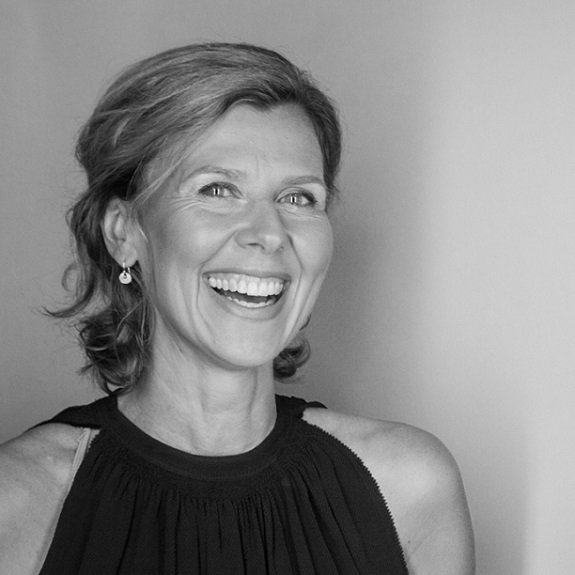When I was 26, my boyfriend’s dad and brother both died unexpectedly in a relatively short time period.
It was at this time that my mentor said something I never forgot:
“Practice dying every day.”
What does this mean? To practice dying? When we think about it, our modern world doesn’t have a lot of space for dying. We don’t like to think about, talk about, or face it—unless it’s in our movies, media, or video games, which are full of it in a detached way.
Yet, death is the one thing we’re assured of from the moment we are born. Our time here is limited.
Why don’t we ever think about this? Not in the anxious, paranoid, and fearful way some are prone to, but in the deeper and more meaningful way? Life is precious: honour it. People won’t be around forever: treasure them.
As it turns out, this treasured (and challenging) boyfriend of mine died a few years later when he was travelling in Zimbabwe. Another unexpected death in his family—this one from a car accident.
The grief brought me to my knees. It changed me as a person, and I have never been the same. It was, in many ways, one of the hardest but biggest gifts in my life.
I no longer “sweat the small stuff.” The little things that had plagued me during our relationship and throughout much of my early life just seemed to evaporate. I realized quickly that what mattered most to me were my people, my values, and the way in which I chose to spend my life.
And that helped me feel more fully alive.
I remember going for a walk shortly after getting the news. The world looked different—the colours, the sounds, the feel of everything. I wanted to scream at people waking down the street, “Don’t you get it? Life is precious! Stop wasting it!’”
I thought of petty arguments I’d had. They didn’t matter.
I thought of the exquisiteness of walking down the street and hearing the birds chirp and feeling the wind on my skin.
I thought of all the simple things we had done together that I hadn’t fully taken in. The holding of hands, the sound of his voice, the ridge in his nail that I’d play with when we were talking.
These were the things that stood out, that made me feel so very present.
I can’t say I’ve maintained that intense level of awareness since. It’s hard to sustain—and I, like so many of us, get wrapped up in the daily grind. I lose myself waking down the street some days. I get irritated with the little things my partner does. I don’t see my parents quite as often as I’d like.
But then, I bring myself back to this moment.
I’ve never ever forgotten the preciousness of life. I tell people how I feel. I am grateful every day for my feet on the ground, the blood pumping through my veins, and the breath in my lungs. I appreciate nature and the simplest of things.
I take solace in the little things, because they really are the building blocks of my life.
I appreciate the calm of a steaming cup of tea on a crisp fall day, or the beauty of watching the sunrise on those days I need to be up early. I relish the time I get to spend with those I love, the tail-wagging joy of my dog, or the feeling of satisfaction I get from holding the door open for strangers—for they’re dying too. We all are.
And when I practice dying everyday, my life feels richer. I’m more present. I see the gifts around me. I appreciate more.
Imagine if we all just practiced dying everyday. If we took stock like it was our last day on this planet.
What might we do differently? Who might we reach out to? What little irritations might we let go of?
If we could practice dying more, this world might just be a little bit richer and perhaps a lot more gentle for all of us.
Author: Angela Warburton TCM

